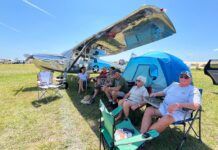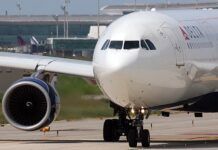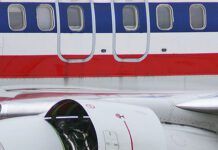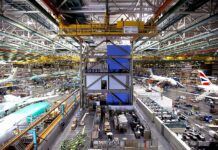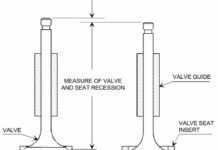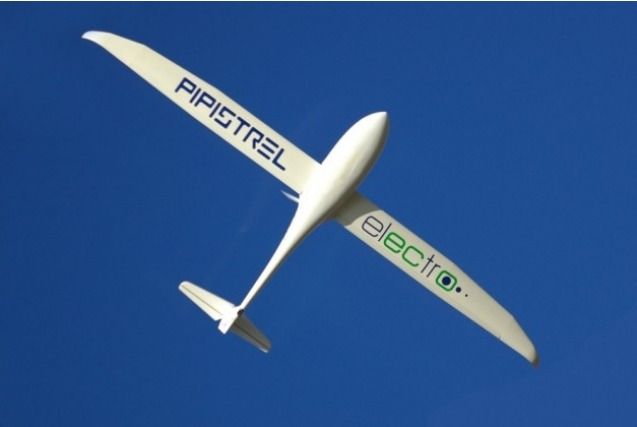
The CAFE Foundation held its annual symposium last week in Santa Rosa, Calif., bringing together a diverse group of researchers and visionaries from the aviation world to discuss their current work in fields such as lithium batteries, autonomous systems, noise reduction, and solar electric technologies. Among the long list of presenters, Prof. Qichao Hu of MIT reported on efforts that promise to improve energy density for lithium batteries by a factor of two to three. “It looks like it’s going to be a real frontrunner in the battery world,” symposium organizer Brien Seeley told AVweb this week. Others talked about advances in propeller design, aerodynamics, hybrids, 3-D printing, and computer interface design for the cockpit.
Prof. Krish Ahuja of Georgia Tech explained his work in precision autonomous synchro-phasing of electric propellers, which provides benefits in efficiency and noise reduction, Seeley said. Jean-Luc Soullier, founder of AeroSkyLux, discussed a plan to fly solo across the Atlantic in an electric aircraft designed by Greg Cole of Windward Performance. Sebastian Thrun of Google X updated the group on the progress of autonomous cars, and Tine Tomazic and others from Pipistrel discussed certifiable hybrid powertrains for general aviation as well as a simplified new user interface for the computers in the cockpit. “Tomazic showed a wonderful revision to the glass cockpit in modern GA airplanes,” Seeley said. “He and Pipistrel are working hard to come up with a much simplified, intuitive new user interface. That’s an inspired project.” The weekend was packed with reports on cutting-edge technologies from leaders in their fields, Seeley said, and attendance has grown to the point where he said the symposium may need to find a larger meeting space for next year. “We were just thrilled and delighted,” said Seeley. “We feel a little bit like we just scratched the surface.”
CAFE has been working to promote not only electric-powered flight but also a more efficient aviation system that would enable smaller airports to be sited closer to where people live. Such local airports will require aircraft that can operate quietly on short runways. “That’s kind of a whole new sector of aviation,” says Seeley. “We think the electric airplane will be unique in having access to that particular niche.” CAFE is also working toward organizing the Green Flight Challenge II, Seeley said, and he hopes to have an announcement about that soon. More details about each participant’s work will be posted on the CAFE blog in the coming weeks, Seeley said. He said he also is working to get videos of the talks (PDF) posted online.














